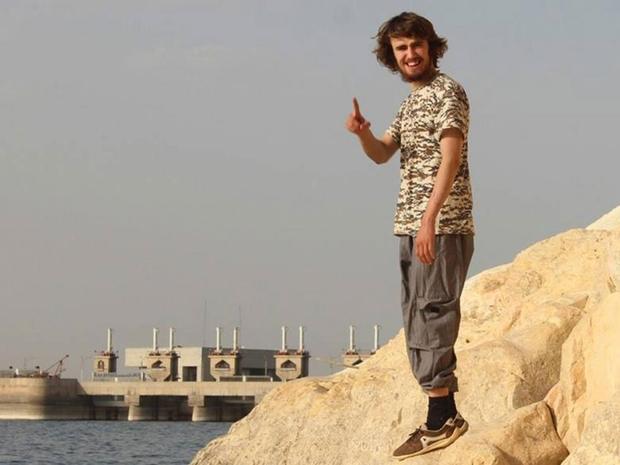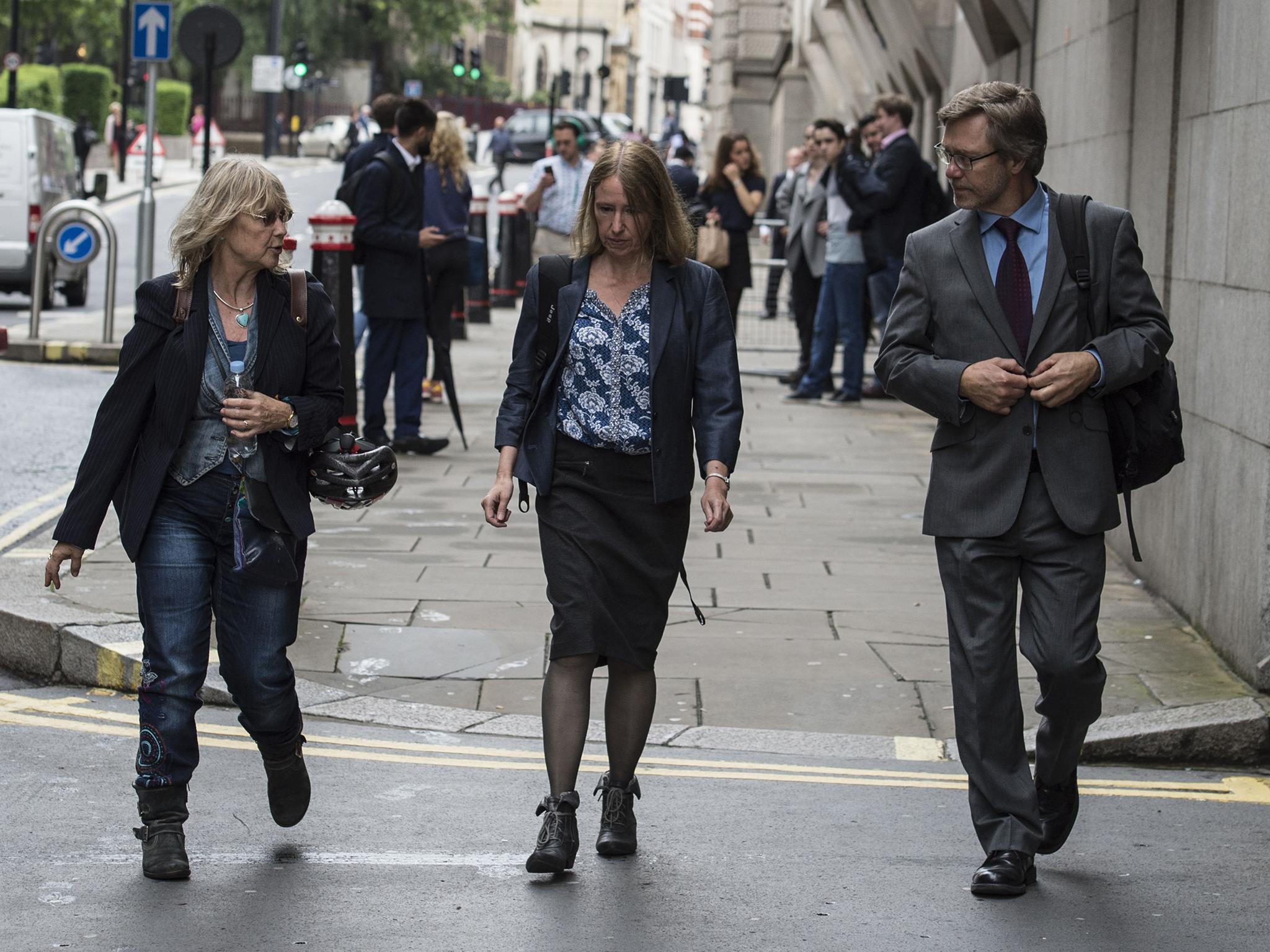Syrian Kurds ask UK to take back alleged British Isis fighter 'Jihadi Jack'
Now 21-year-old Jack Letts left his Oxford home in 2014 to travel to Syria. He denies links to Isis

Your support helps us to tell the story
From reproductive rights to climate change to Big Tech, The Independent is on the ground when the story is developing. Whether it's investigating the financials of Elon Musk's pro-Trump PAC or producing our latest documentary, 'The A Word', which shines a light on the American women fighting for reproductive rights, we know how important it is to parse out the facts from the messaging.
At such a critical moment in US history, we need reporters on the ground. Your donation allows us to keep sending journalists to speak to both sides of the story.
The Independent is trusted by Americans across the entire political spectrum. And unlike many other quality news outlets, we choose not to lock Americans out of our reporting and analysis with paywalls. We believe quality journalism should be available to everyone, paid for by those who can afford it.
Your support makes all the difference.The autonomous Kurdish administration of northern Syria has confirmed they are seeking to return a British man with links to Isis in their custody over to UK authorities.
Jack Letts, known as ‘Jihadi Jack’ and now aged 21, left his hometown of Oxford for Syria in 2014, telling his parents he was going to Kuwait to study Arabic after converting to Islam and dropping out of school aged 18.
He was revealed to be the first white British man to be living in Isis’ so-called caliphate, although he denies he ever joined or fought on behalf of the militant organisation. Letts reportedly married while in Iraq and has a small child.
In May 2017, as the US-backed fight to drive Isis out of Syria gained momentum, he was captured by the Kurdish People’s Protection Units (YPG) after leaving jihadist-controlled territory.
Sinem Mohamad, the Democratic Federation of Northern Syria (DFNS)’s European representative, confirmed in a statement on Monday that Letts was being held in the Rojava capital of Qamishli and local police are still investigating his case.
The Kurdish authorities intend to hand him over to the UK or Canada – where he also holds citizenship – once the investigation into his links to Isis has concluded, she said.

“The outcome will be communicated to Jack's parents, and their legal representatives and to the officials of relevant governments,” Ms Mohamed said.
Letts’ parents maintain that their son is innocent. They have pleaded not guilty to charges of funding terrorism by sending cash to their son in an appeal due to be heard in the Supreme Court.
They have also accused the DFNS of holding Mr Letts in an “Guantanamo style black site” – an allegation that has been levelled at the conditions in Kurdish prisons several times.
“Isis brought inexplicable levels of terror on the peoples of Northern Syria/Rojava.
“Despite this fact, the DFNS is not less committed than European countries to treating the fighters from this terror group according to international human rights standards,” Ms Mohamed said.
While the Foreign Office’s official position is that the government cannot assist British nationals in Syria, returning fighters pose a moral and legal headache for the UK authorities.
Last week, foreign office minister Rory Stewart said that it was in the UK’s interests for Isis fighters to be killed in Syria rather than return home.
The Red Cross and other human rights organisations have warned that “dehumanising rhetoric” is not helpful when it comes to the fate of Isis fighters, and rights must be upheld across the board.
Join our commenting forum
Join thought-provoking conversations, follow other Independent readers and see their replies
Comments